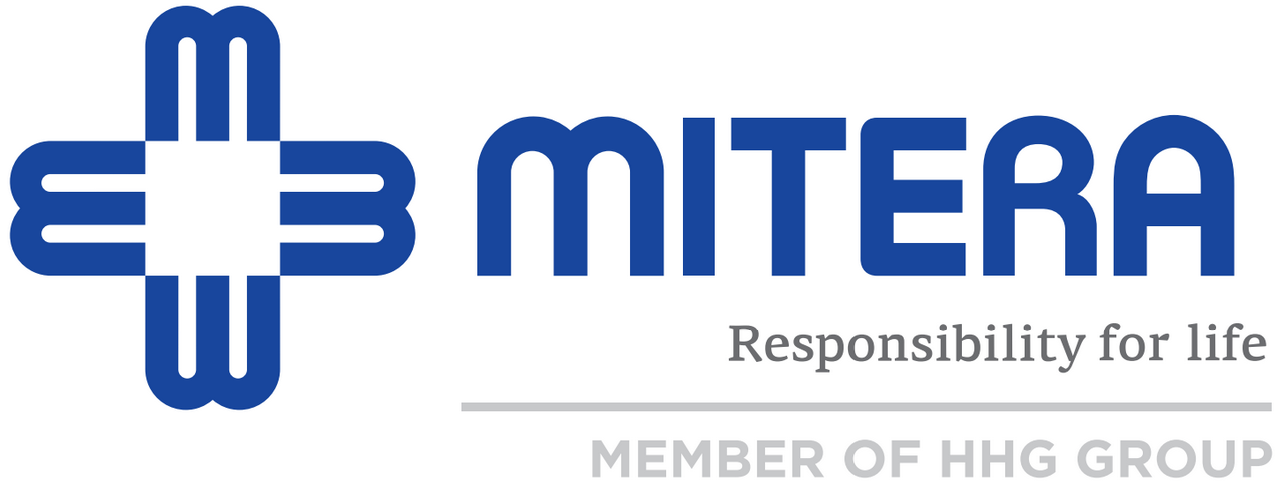Premature babies – A simple guide for parents
Premature births occur in about 10% percent of all pregnancies and they are estimated to 13,000,000 on an annual basis.
Written by
Menny Saklamaki – Kontou
Director of the Infants Intensive Care Unit of MITERA Hospital
During the last decades, a gradual increase on the premature births number has been observed. Particularly for Greece, this percentage has raised from 7.5% to about 10% during the last years. The most significant causes for this increase are the following:
- Increase in IVF births.
- Increase in multiple pregnancies.
- Increase in the number of mothers over 35 years.
Premature babies face various problems that are highly related to their degree of prematurity. The main problems are as follows:
- Respiratory problems and particularly Respiratory Distress Syndrome (RDS). The syndrome is mainly caused by a lack of a slippery, protective substance called surfactant, which is necessary for smooth lung functioning. Infants will be given oxygen or their breathing will be supported by a breathing machine or, in some cases, an exogenous preparation of surfactant will be given after birth.
- Premature babies lack the body fat necessary to maintain their body temperature. Therefore, incubators or radiant warmers are used to keep them warm.
- Eating problems that are treated by the use of a special catheter or through intravenous feeding which is called total parenteral nutrition.
- Infections due to the immaturity of their immune system. These infections can be life-threatening and are treated with antibiotics and other special medication that enhance their immune system.
- Jaundice of prematurity.
- Apnea.
- Anemia. If the anemia is severe, treatment involves blood transfusion as well as iron supplement uptake.
- Neurological problems such as seizures, intraventricular hemorrhage, etc. that are treated accordingly. These problems require long-term monitoring of the premature baby for any potential psychomotor, learning or behavioral problems in the future.
- Retinopathy of prematurity that is a special eye disease common on premature babies born with a body weight of less than 1,600 gr. The disease requires careful monitoring by an eye specialist and early therapeutic intervention with a special Laser technique in the case that this is deemed as necessary.
- Hearing problems that are detected by screening with special otoacoustic emissions before the baby leaves the Premature’ Department.
Giving birth to a preemie and particularly a very small one is a very bad experience for the parents and the whole family. When parents visit the Neonatal ICU equipped with state-of-the-art equipment, breathing machines and monitors and see also their fragile little baby inside the incubator, they feel really stressed, worried, scared, insecure and, sometimes, guilty.
However, we should all have in mind that science has made remarkable progress in the field of Neonatal Care during the last decades. Better organization of the Intensive Care Units, state-of-the-art equipment and staffing with appropriate personnel and specialized neonatologists have contributed to the increase on the survival rate of the small premature babies during the last decades. At the same time there was no increase on the neurological as well as the psychomotor problems of these babies. For all the above reasons, the survival of a very premature baby with a body weight of about 500gr at birth or a baby born in the 25th week of gestation, is no more a dream but a living reality.
According to the World’s Health Organization (WHO), babies are considered to be premature if they are born anytime before thirty-seven weeks of pregnancy.


